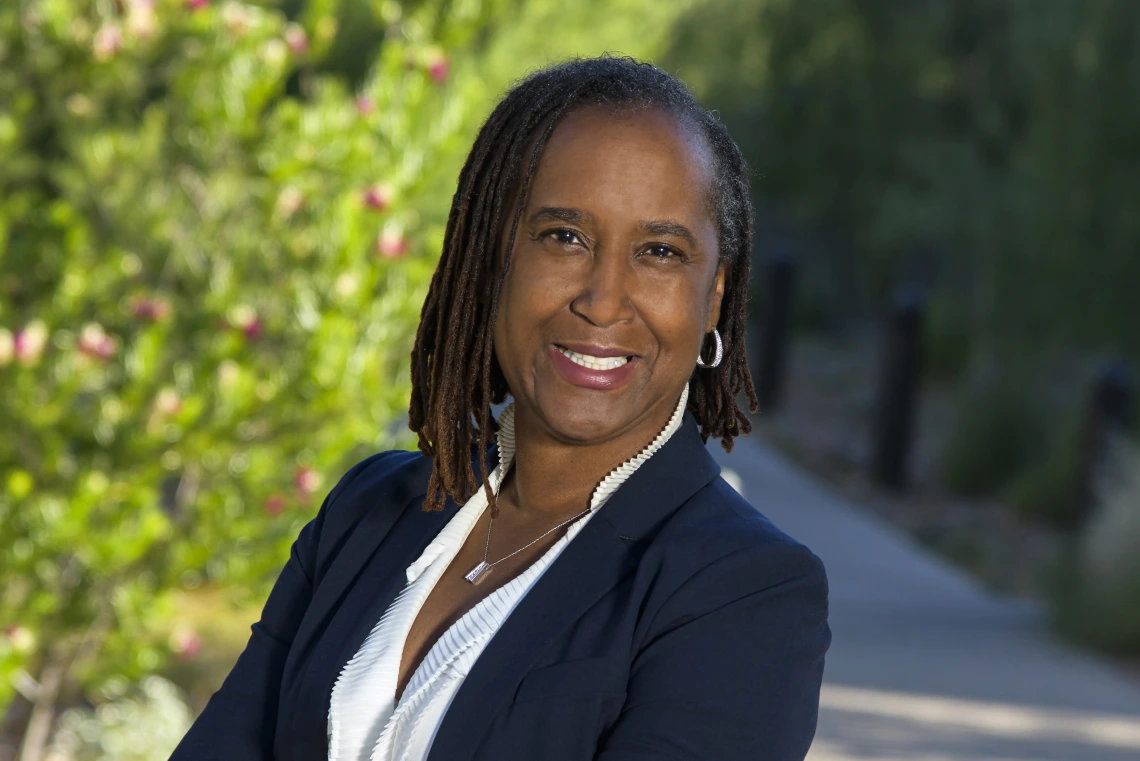Jena Hatcher returns to the cancer center Office of Community Outreach and Engagement

Jenna Hatcher, PhD, vice provost and chief inclusion officer for the University of Arizona, has been appointed to return to the University of Arizona Comprehensive Cancer Center as associate director of community outreach and engagement. Hatcher will join the center’s executive leadership on April 28, a role she previously filled as the community outreach office’s inaugural and establishing leader. The position will advise and support Dan Theodorescu, MD, PhD, Nancy C. and Craig M. Berge Endowed Chair for the Director of the Cancer Center, in addressing the needs of its catchment population and expanding partnerships throughout Arizona with community health organizations. This role will compliment Hatcher’s current U of A senior leadership appointment as vice provost and chief inclusion officer and help enrich the cancer center community outreach and engagement efforts by bringing a university perspective.
As a professor at the Mel and Enid Zuckerman College of Public Health and having hands on experience engaging with the public in her previous work with the cancer center, Hatcher has experience working with the center’s Community Advisory Board and partners. “I’m excited to have Dr. Hatcher accept the appointment,” Theodorescu said. “She’s not only an expert public health researcher, which dovetails so nicely with the position, but she also knows how to build and motivate a team. That’s critical to building our reach and making a difference in our own community and beyond.”
Hatcher said she’s happy to return to the cancer center and is vested in seeing the continued success of the programs she helped get off the ground. “I see so many things moving into place that put us in a great spot to elevate the center, but more importantly, to expand our engagement opportunities and be a real asset to the people of Arizona. The catchment’s needs should guide the science we do.”
In her public health research for the University of Arizona, and previously for the University of Kentucky, Hatcher’s research has developed and tested community-based intervention strategies for engaging hard to reach segments of the population. Hatcher said these novel methods have involved meeting people where they are and have merged modern technologies like social media and text messaging with more traditional networks like partnering with rural churches and use of community surveys to reach persons who have less access to healthcare than others.
Hatcher said her life’s work and research has been centered around addressing the specific public health needs of populations in communities that need it most. “I’m grateful for the opportunity to help build community connections for the center, especially with outreach to vulnerable populations.” Hatcher said. “This is the kind of work that inspires and motivates me most.”

